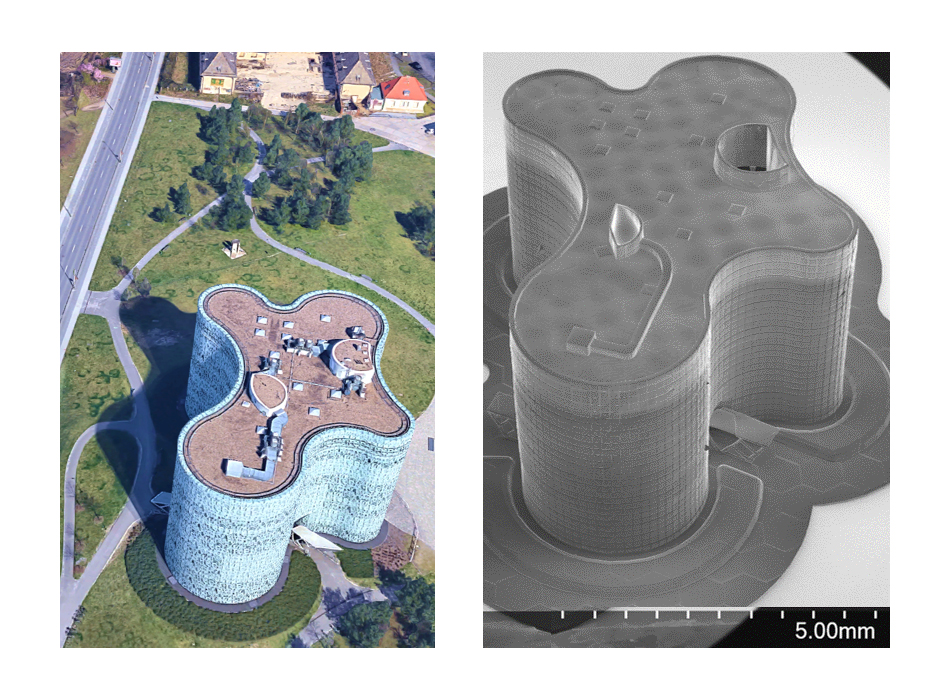The Innovation Campus Electronics and Microsensors Cottbus is a research cooperation of the five partners BTU Cottbus-Senftenberg, IHP - Leibniz Institute for Innovative Microelectronics, Ferdinand-Braun-Institut- Leibniz-Institut für Höchstfrequenztechnik (FBH), Fraunhofer Institute for Reliability and Microintegration (IZM) and Fraunhofer Institute for Photonic Microsystems(IPMS) in Cottbus. The four institutes, which have been leaders in microsystems technology for years, will each work on sensory systems for applications in the fields of Industry 4.0, Agriculture 4.0 and Smart Health at their Cottbus branch.On the part of the BTU, ten professors from Faculties 1 and 3 are involved.
The German Federal Ministry of Education and Research (BMBF) is funding the second phase of the project "Innovation Campus Electronics and Microsensors (iCampµs Cottbus)" from 2022 to 2026 with 20 million euros. In the first phase from 2019 to 2021, the BMBF supported the five consortium partners with 7.5 million euros from the emergency program for implementing the recommendations of the "Growth, Structural Change and Employment" Commission. The second phase is now building on the research results achieved here, in which the results will be further developed for commercial exploitation.
The transfer of R&D results and, in particular, technology-oriented spin-offs are to be accelerated in this way. The campus is intended to contribute to increasing the innovation and competitiveness of regional companies, research institutions and the Lausitz region as a whole, and to creating jobs in the high-tech sector.
Project periods:
Phase 1: 2019 - 2022
Phase 2: 2022 - 2026
Website: https://www.icampus-cottbus.de/
 Fraunhofer Institute for Photonic Microsystems
Fraunhofer Institute for Photonic Microsystems


